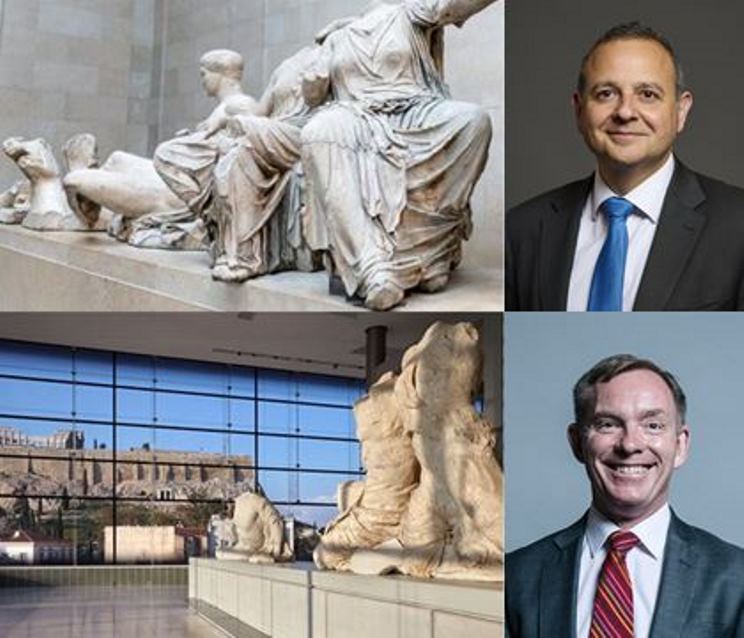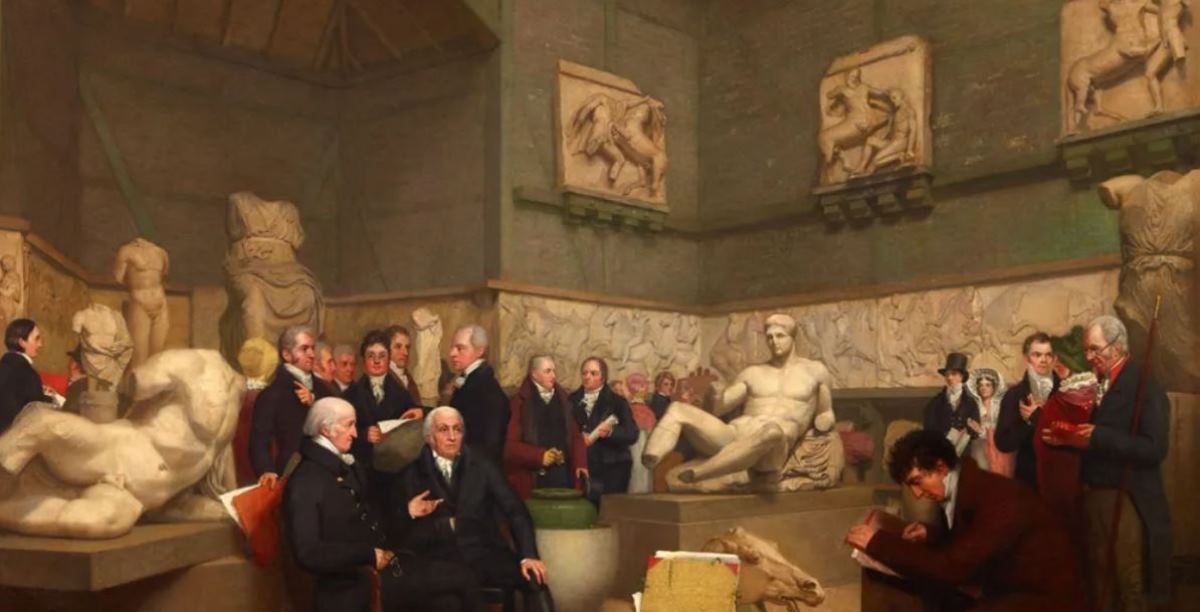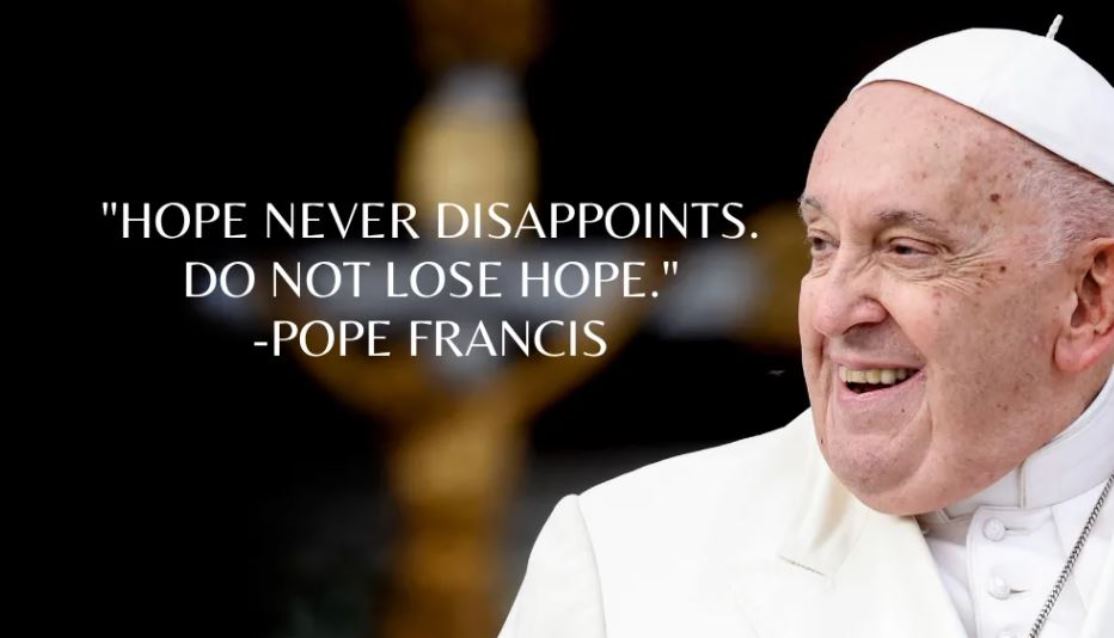"How is it that major institutions do things that are against their own interests, immune from public scrutiny, and damaging to the nation generally?" Asks Robert Tombs. The professor emeritus of French history at the University of Cambridge goes on to answer: "An obvious answer is that “woke” or “radical progressive” shibboleths have become pervasive."
Campaigners for the reunification of the Parthenon Marbles including the 32 BCRPM members might wish to disagree. Plus, one does not get rid of an injustice by labelling it with a shibboleth.
"Public institutions should be different. Most people, I imagine, suppose that they have effective checks and balances, and legally or morally binding rules.
Or so we might think. Yet strange things are happening. Two of our greatest – the British Museum and the Church of England – have been behaving in ways that are indeed against their own interests, immune from public scrutiny, and damaging to the nation.
It is now apparently being claimed that there is a “moral obligation” that overrides the law. I shall not discuss the pros and cons of a transfer. Suffice it to say that there might be an argument on cultural grounds for returning the marbles to the special museum in Athens, just as there is an argument for keeping them in London.
But such arguments are rarely explained or seriously discussed by those in power in Bloomsbury or Athens. Instead, dogmatic assertions are made as if they were self-evidently true. The Greek refrain is that Lord Elgin looted the marbles and therefore the British Museum is a receiver of stolen goods. Such accusations, and hence the idea of a “moral obligation”, have been demolished in a report by the historian Sir Noel Malcolm, published by Policy Exchange.
Every curator and trustee in the museum should have digested this pamphlet. Have they? Their plain duty is to protect both the museum and the national interest. They should not acquiesce in Osborne’s private diplomacy, never publicly justified.





Comments powered by CComment